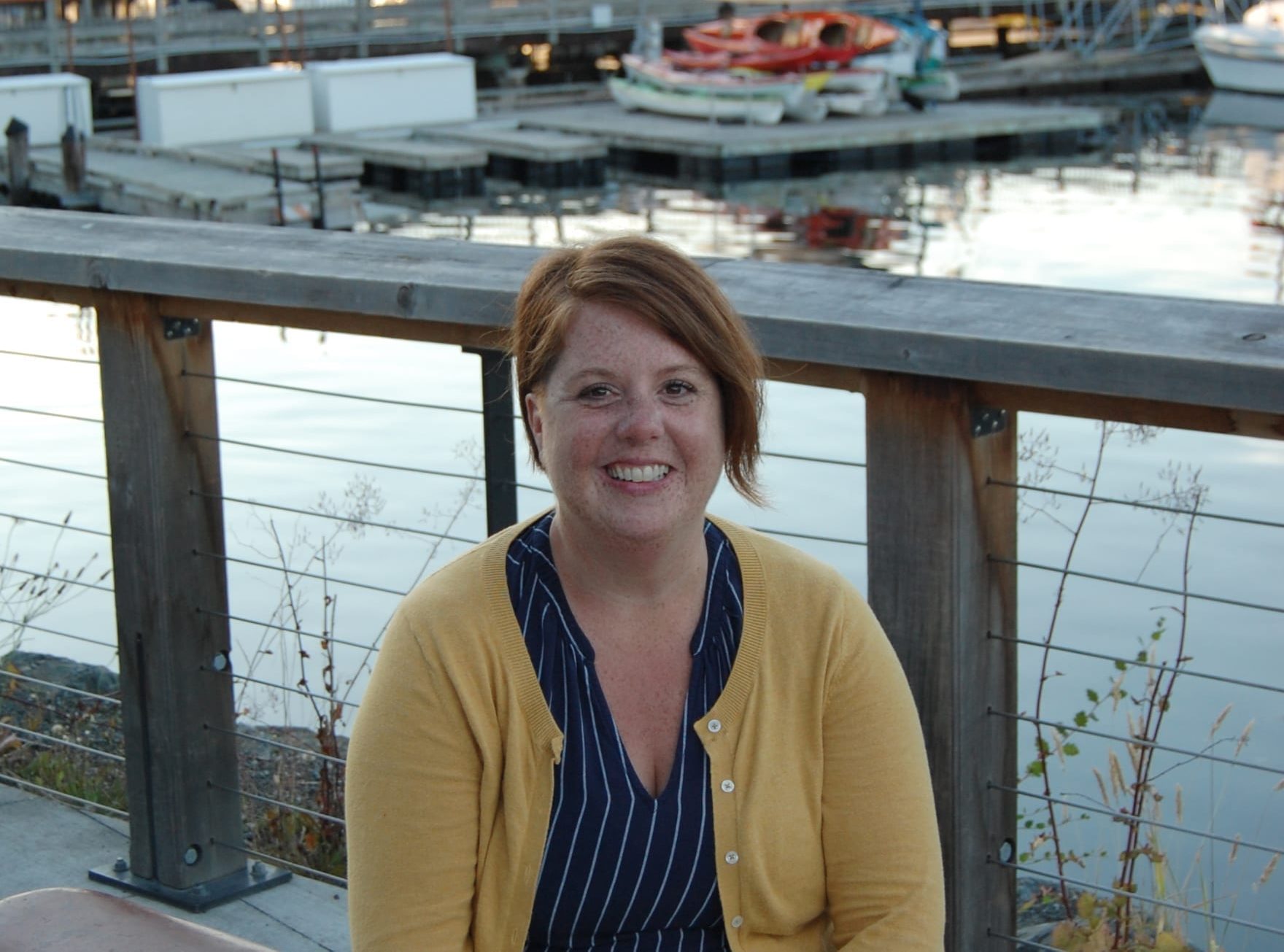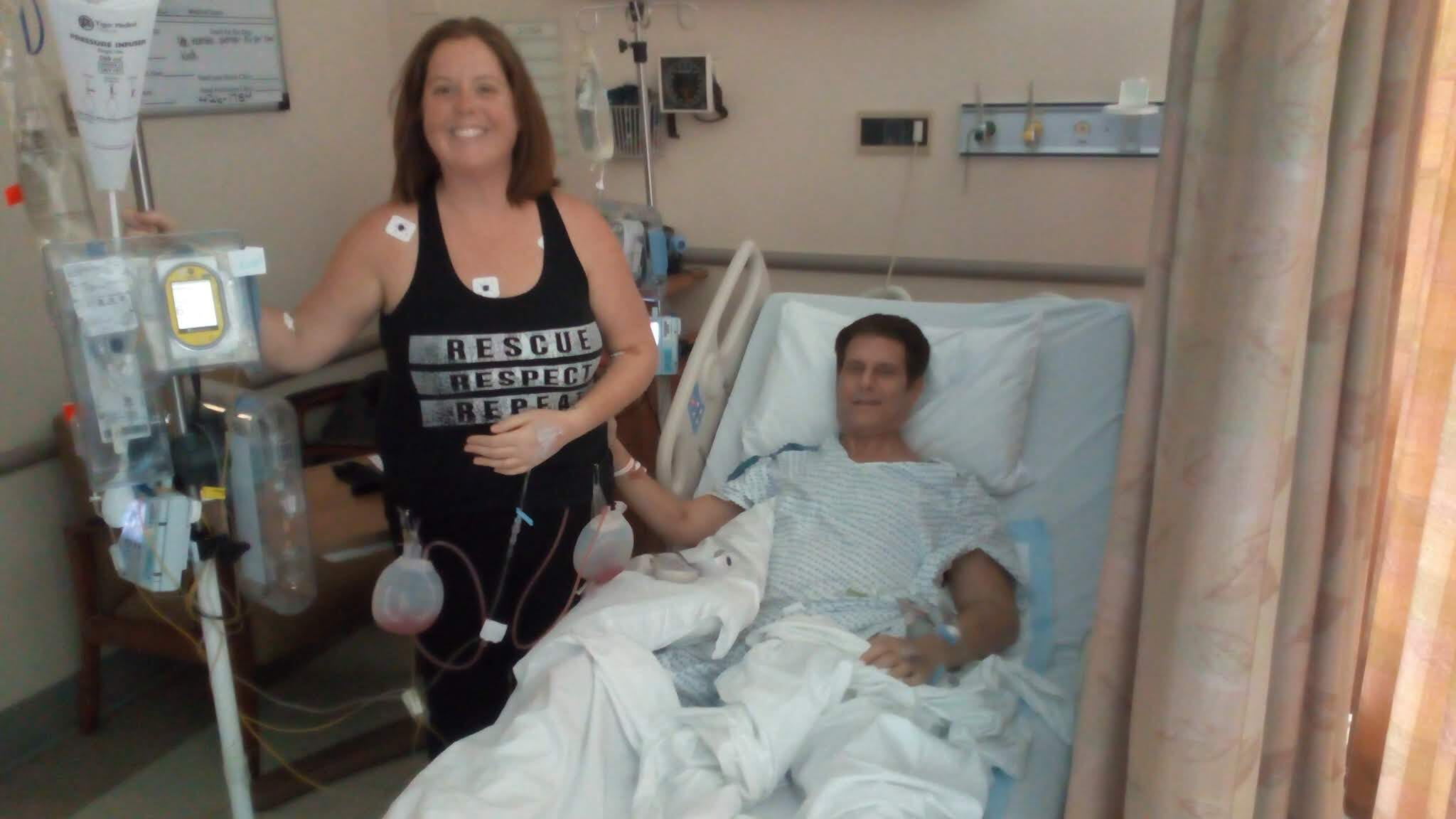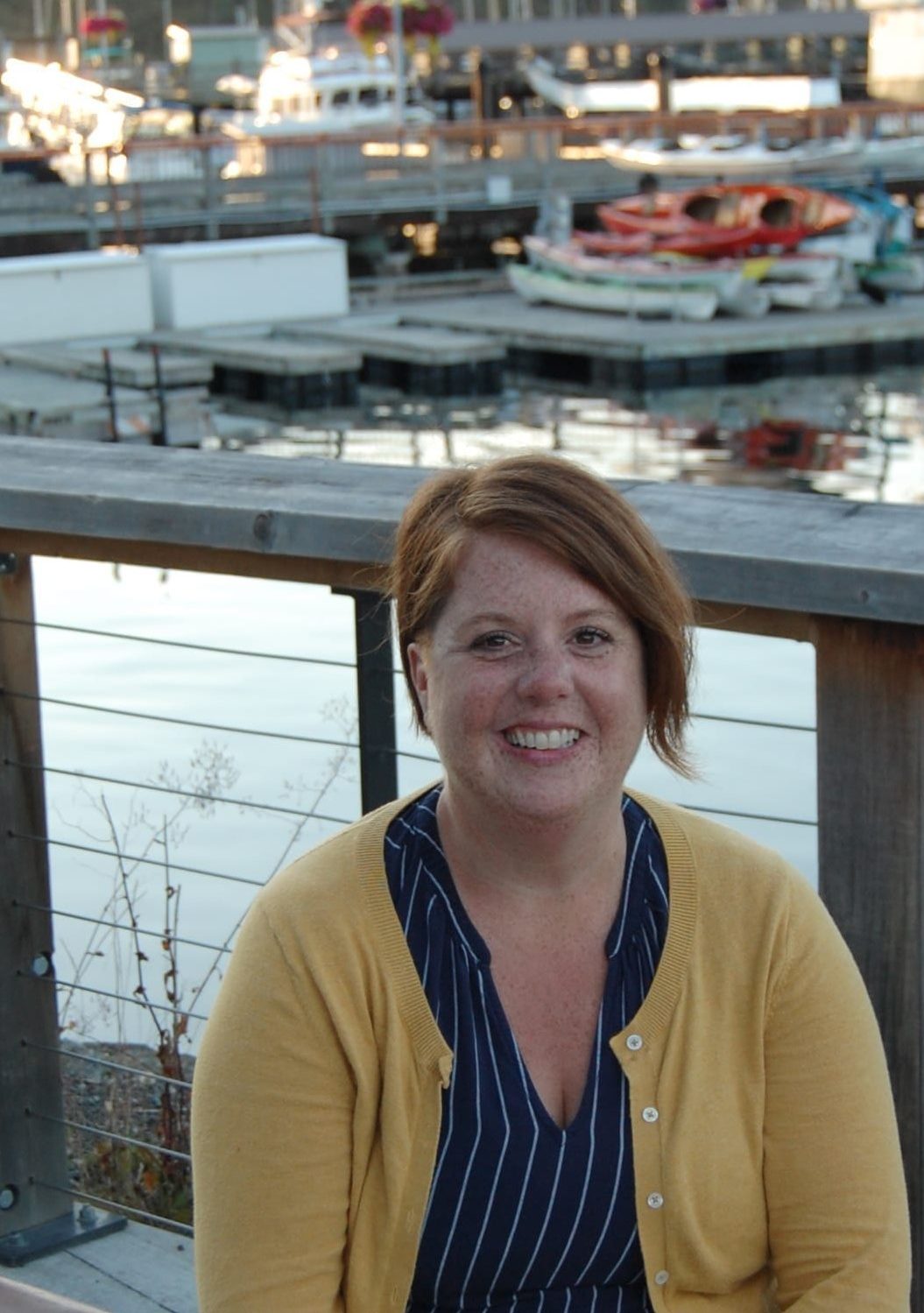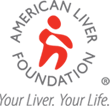Julie D.
Altruistic Living Donor

Julie donated 65% of her liver to a stranger in December 2019.
After looking into living donation in July of that year, Julie came to find that many transplant centers, including the two she spoke with, did not do altruistic liver donations. She then turned to an online living donor support group on social media to find out if this was the case across the country and came to realize that each transplant center has their own protocol.
At the same time, she saw the faces and heard the stories within this group of people who were waiting on a liver transplant – whether for themselves or a loved one.
Julie couldn’t imagine being the one who needed a lifesaving transplant and there being someone out there who wanted to help, but because she didn’t know them, it wasn’t an option. People awaiting a transplant already faced enough barriers and she felt strongly that who you know, or in this case don’t know, shouldn’t determine whether you live or die.
One of the people who commented on the question Julie posted in the social media support group had an adult son who had unexpectedly experienced liver failure from a genetic condition that was completely unknown to them called Alpha-1 Antitrypsin Deficiency and now his lungs were being compromised as well. She couldn’t imagine the struggles he would face if he needed a liver and lung transplant, so she decided to take the first step and reach out to his transplant center, NewYork-Presbyterian/Weill Cornell.

After flying out to New York for consultations and testing in September and then undergoing a liver biopsy in Seattle, she received the news in October that she was cleared to donate to Bobby and surgery was scheduled for December 11, 2019.
During the process of becoming a living liver donor, Julie realized that having a way to connect potential living donors with those awaiting transplants could help others overcome the barriers she faced as she went through the process. She created a website and subsequently an organization, Living Donor Match, where both recipients and potential donors can go to get more information, receive support, and potentially make a lifesaving connection.
The right to live should not be dependent on who you know. There are people that are ready and willing to be a living donor and connections can be made.
Last Updated on November 4, 2020
Share this page






